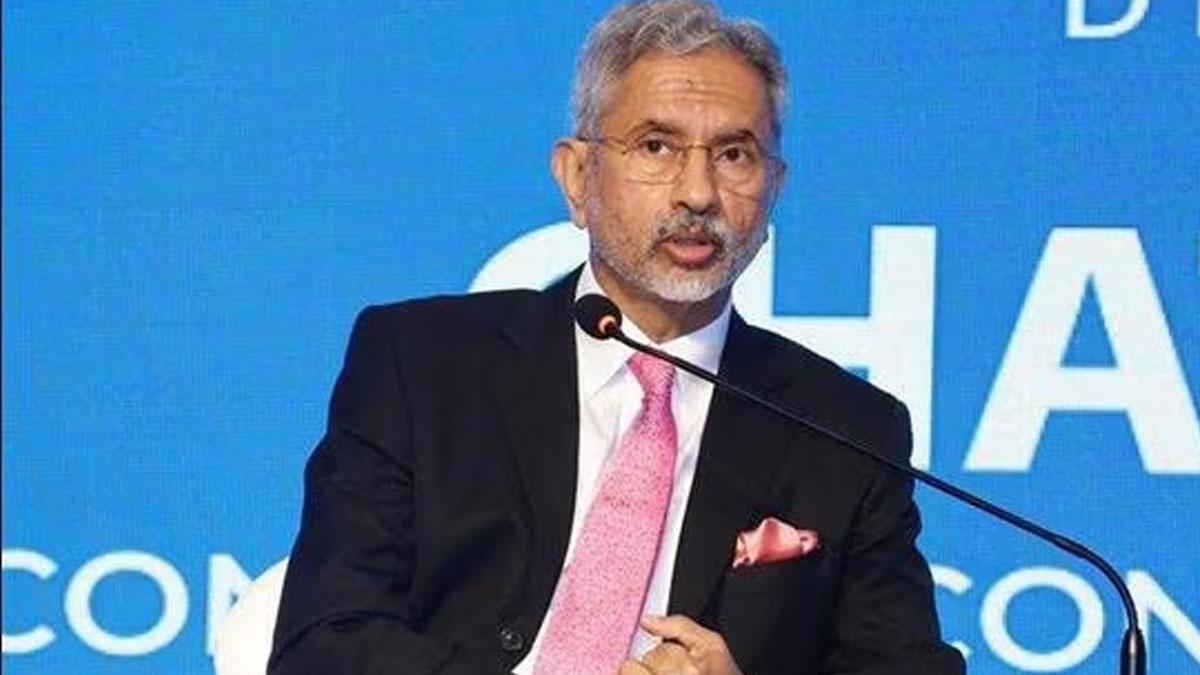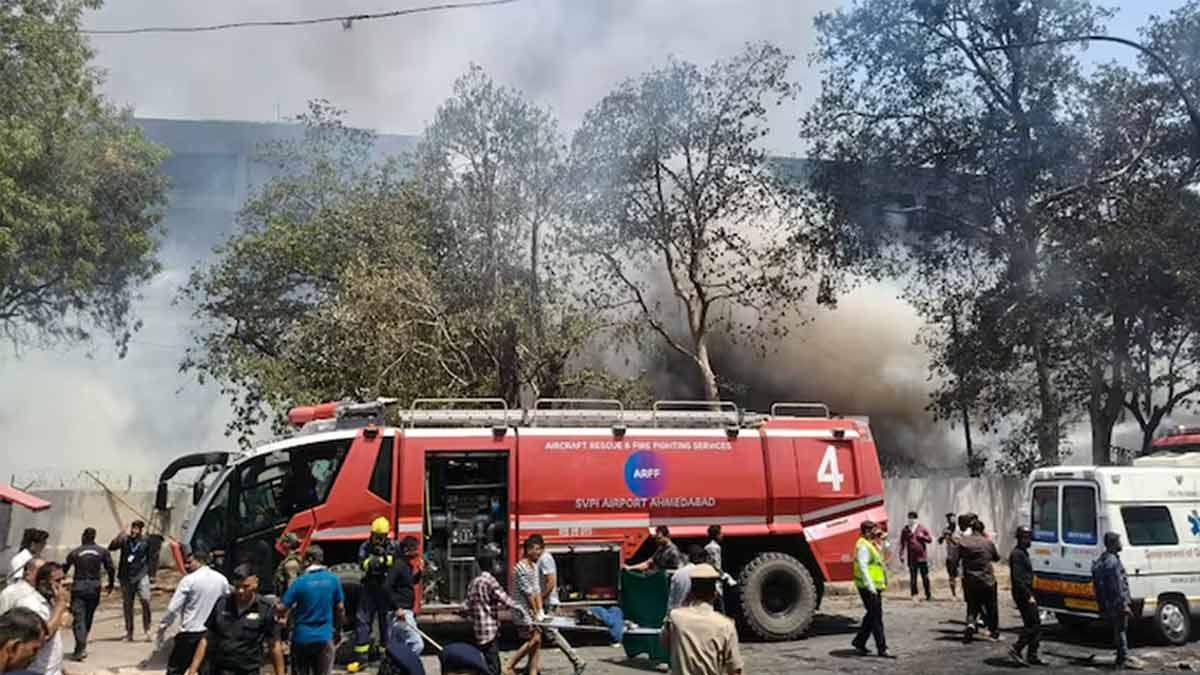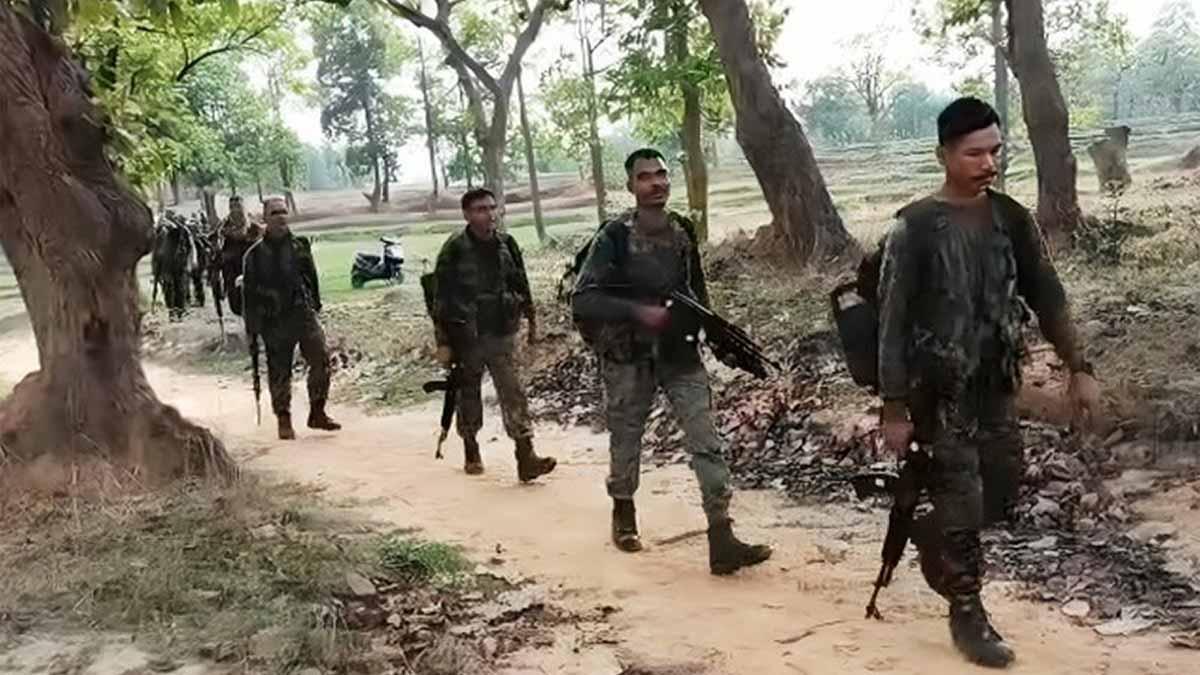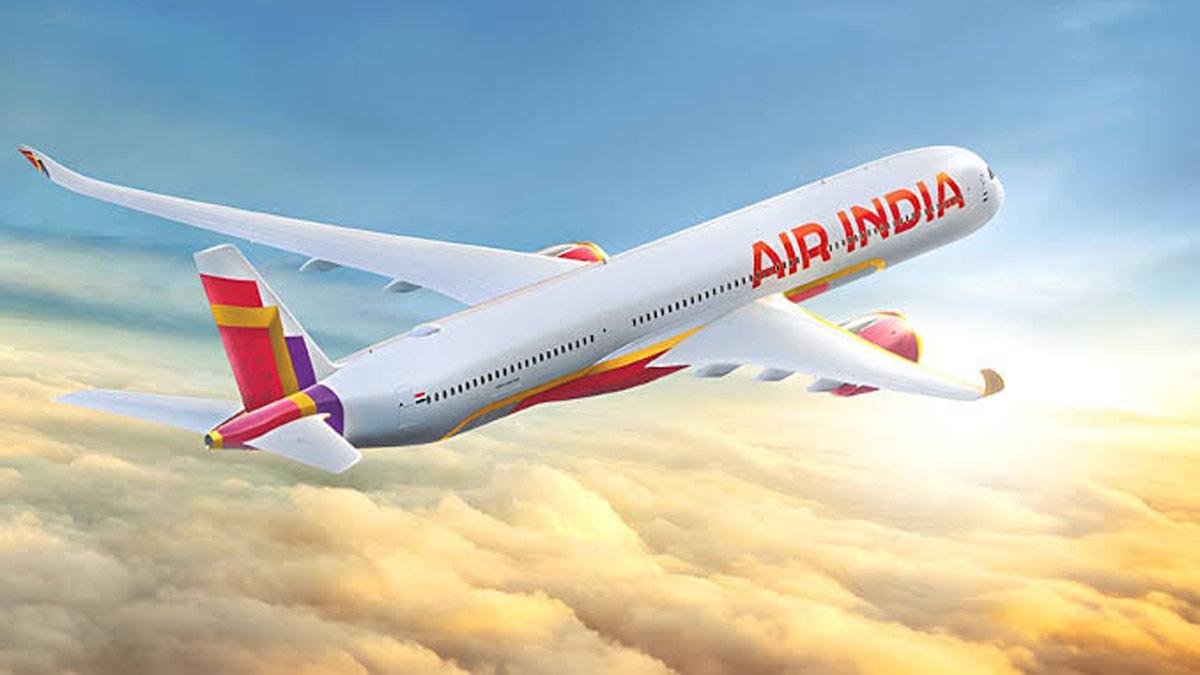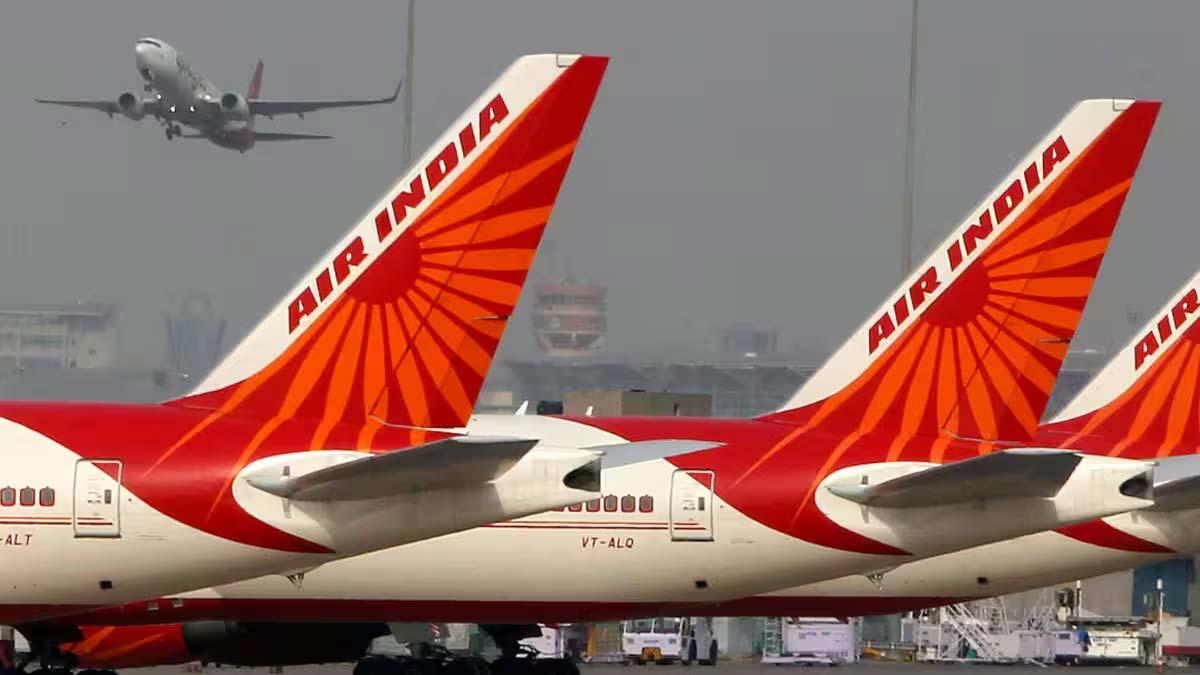Indian External Affairs Minister S. Jaishankar described China as India's foremost challenge, attributing many of India's foreign policy issues to the approaches taken by the nation's inaugural Prime Minister, Jawaharlal Nehru.
“Not just today but for many years, our biggest challenge has been China. We at times pretended as if it wasn’t. We looked away, we rationalised it, we justified it, but the reality is from the very beginning, it has been the biggest challenge,”
During his address at a forum themed 'Foreign Policy the India Way: From Diffidence to Confidence', Jaishankar criticized the historical underestimation of China's threat. “Not just today but for many years, our biggest challenge has been China. We at times pretended as if it wasn’t. We looked away, we rationalised it, we justified it, but the reality is from the very beginning, it has been the biggest challenge,” he explained.
“The reply from Nehru was that you are very suspicious. It is inconceivable that the Chinese would ever cross the Himalayas and attack us. Twelve years later, what he termed as inconceivable actually happened,” said Jaishankar.
Jaishankar praised Patel's practicality and foresight in contrast to Nehru, who he suggested was influenced by a leftist ideology that blinded him to the realities of international relations. “In diplomacy, every country has to be careful about its neighbours. When you have two neighbours with whom you have potential or actual problems, you should know that they can get together. You don’t need a PhD in diplomacy to understand this,” he noted.
The minister also recounted a historical incident where Nehru, after initially refusing international aid, sought help from U.S. President John F. Kennedy following the Chinese aggression in 1962. Additionally, he criticized Nehru's decision to support China's precedence over India for a United Nations Security Council seat.
“We are saying India first today, but he (Nehru) said China first in the UN. The era of diffidence was an era in which we did not have clarity about our national interests. We mixed a certain ideological outlook and belief in what should be our contribution to the world,” Jaishankar stated. He emphasized that national security should never be compromised for global goodwill.
“We also do many good things for the world but that can’t be at the cost of national security or national interest. For us, ‘India First’ and ‘Vasudhaiva Kutumbakam’ are two sides of the same coin. We should never allow ‘Bharat First’ to be compromised,” he added.
Further, Jaishankar revisited Patel's disagreement with Nehru on taking the Kashmir issue to the United Nations, “Today, there is a lot of interest in Pakistan occupied Kashmir (PoC), but we should not forget how the problem originated. The doors of international pressure opened in 1947 and continued all the way till Article 370 was repealed (in 2019). We have corrected an enormous mistake that we had made in 1947.”
Addressing the Citizenship Amendment Act (CAA), “For the minorities in our neighbourhood, the only logical place to go is India,” he said,
Jaishankar explained it as a necessary correction to historical oversights that led to a decline in the minority populations in neighboring countries, positioning India as a refuge for these groups.
He also referenced a critique by B.R. Ambedkar on early Indian foreign policy decisions, which alienated allies like the United States, creating long-term diplomatic challenges that took years to resolve.
In his concluding remarks, Jaishankar underscored the imperative of maintaining a balance between 'India First' and global humanitarian principles, ensuring that national priorities are always upheld.
Read also | Siachen: India's Epicenter of Valour, Sacrifice, and Courage, Says Rajnath Singh
Read also | High Court Rejects Bail for UAPA Case Accused Linked to 2020 Delhi Riots

